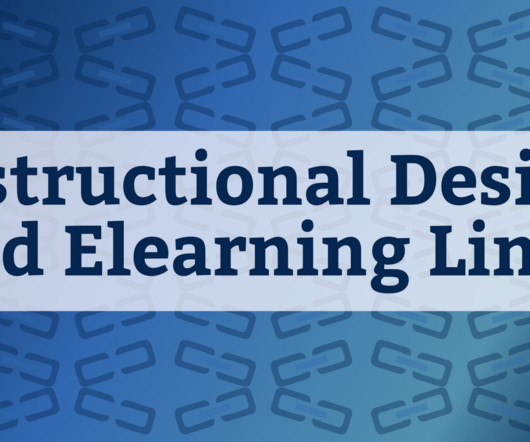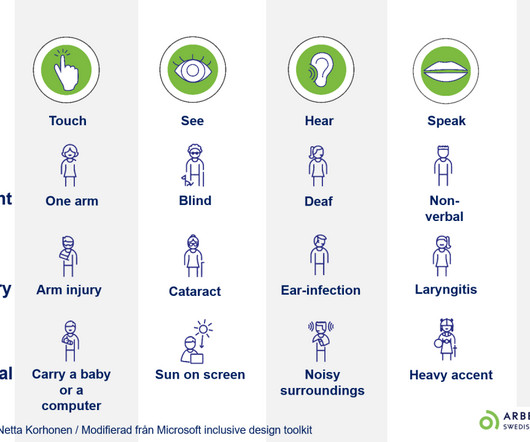Learner Engagement: Behavioral, Cognitive, & Affective
Experiencing eLearning
DECEMBER 17, 2019
However, we can also support the cognitive and affective dimensions of engagement. The version in Baker et al (2010) refers to a specific educational software program for students; I made this more general to elearning. Cognitive engagement. Cognitive engagement. Cognitive and affective engagement.























































Let's personalize your content